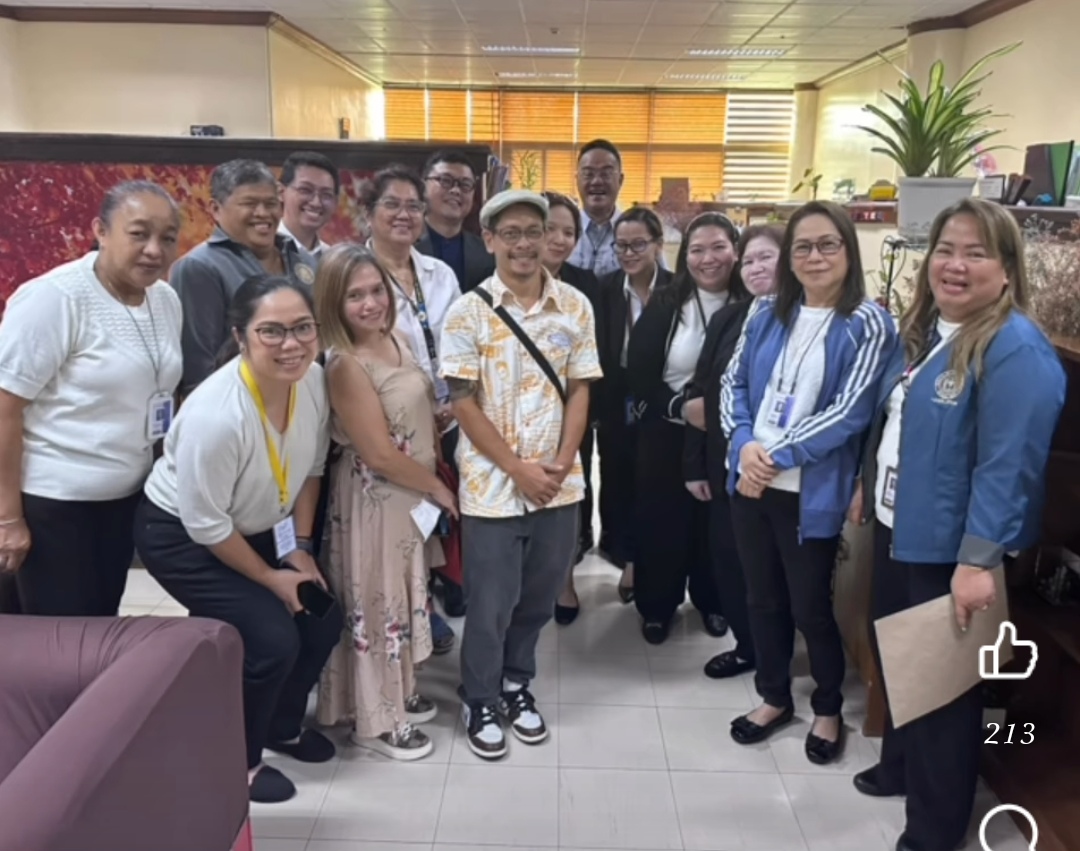In the recent Senate plenary deliberations on the General Appropriations Bill for 2024, senators discussed about the intricate web of issues surrounding foreign workers in the Philippine Offshore Gaming Operators (POGOs) industry. The discussions of Senate President Zubiri and Senators Legarda, Villanueva, Gatchalian, and Hontiveros uncovered alarming findings and prompted a call for immediate action.
The matter revolves around the misuse of Alien Employment Permits (AEPs) and other Philippine identification cards. Senator Legarda disclosed that, despite the ongoing monitoring by an interagency task force since 2019, the Department of Labor and Employment (DOLE) had not canceled any of the 42,000 AEPs issued to foreign workers. Concerns were raised about the lax process of granting permits and passports, with Senator Villanueva revealing that AEPs had been misused in illegal activities, including sex dens and torture chambers.
Senate President Zubiri drew attention to the international context, citing the issuance of work visas for Filipinos sponsored by hiring companies in other countries, such as Hungary where 500 Filipinos are currently employed in a poultry facility in Budapest and provided accommodation, contrasting it with the ease of work for foreign nationals with alien residence permits in the Philippines. He then stressed the need for stringent policies to prevent the misuse of employment permits.
The senators delved into the broader issue of fraudulent documentation, focusing on the misuse of authentic government documents, such as certificates, licenses, permits, birth certificates, and passports. An investigation is in progress, with calls to involve the DOLE to ensure comprehensive reports on the cancelation and revocation of work permits.
Aside from the existence of sex dens and torture chambers in POGO facilities, senators were also worried about PhilHealth cards and IDs being issued to POGO workers –who are foreigners—in bulk, which means that foreigners, who do not pay taxes, are able to access healthcare services intended for Filipinos.
The revelations continued as Senator Gatchalian highlighted bundles of IDs, including alien employment certifications, alien certificates of registration, and PhilHealth cards presented by the President Anti-Crime Commission. He emphasized that PAGCOR’s issuance of licenses legitimized ID applications across government agencies, emphasizing the need for meticulous scrutiny to avoid licensing criminal syndicates.
As the senators unfolded layers of malpractices and potential criminal involvement, their call for immediate action intensified. The Ombudsman’s initiation of an investigation into the issuance of identification cards signals a commitment to addressing these systemic issues. The lawmakers also urged the collaboration of barangays and law enforcement agencies to curb the misuse of government-issued IDs originating from POGOs, leading to various crimes.
In the midst of these revelations, the fundamental question emerges: how can the Philippines protect its interests, citizens, and resources from the intricate web of illegal activities woven within the POGO industry? As investigations continue, it is clear that comprehensive reforms and stricter enforcement are urgently needed to safeguard the nation from the dark side of this burgeoning sector.




